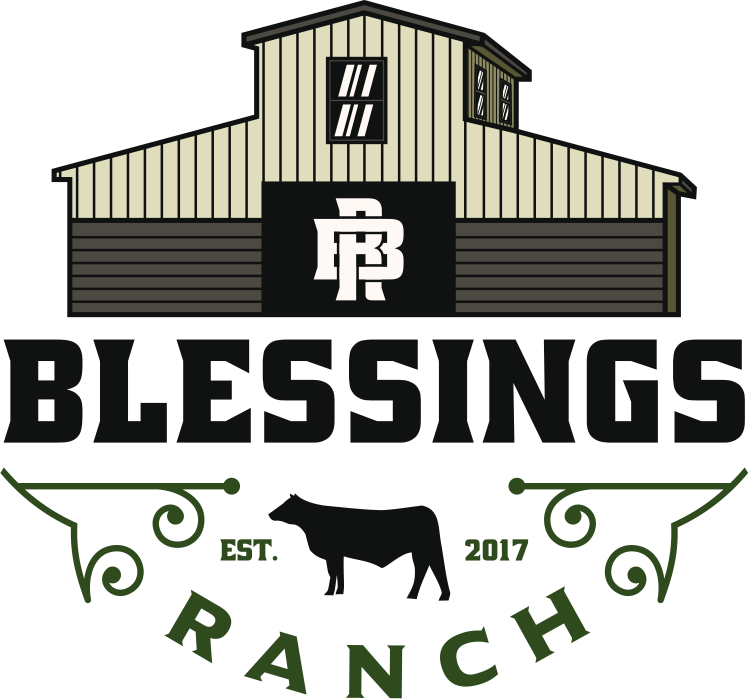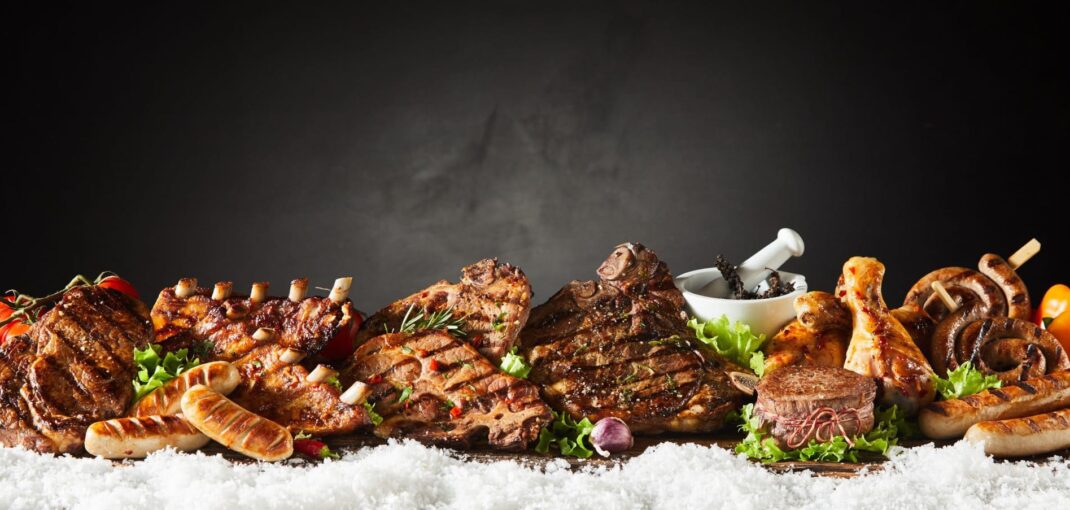Do you believe the farm-to-table movement is new?
In truth, it began far earlier, just before World War I. It was a postal initiative that sought the fastest, most efficient way to get that food into the cities for sale. This movement even played a large role in helping American win that war. It’s part of the reason we have an abundant supply of cheap, natural food today.
Farmers were even able to ship their produce directly to homes via US Mail. The announcements carried a warning that farmers should not expect the same prices asked by city grocers, but that they’d be able to gain direct consumers and share profits with them to the benefit of both. They were even able to sell farm goods that might otherwise have gone to waste.
After WWI, consumers largely abandoned the program as too inconvenient, and Congress was not willing to provide additional funding. Self-serve grocery stores had come into vogue.
Farm-to-table has taken on a new meaning today. Some farmers still use the mail (and the Internet) to get products directly to consumers. It can also mean inviting consumers onto the farm to buy directly from the farmer, allowing them to see the conditions under which their food was produced and to get that food as fresh as possible.
Today, the farm-to-table movement is winning other wars.
- The Battle of the Bulge. Farm-to-table food is frequently more filling but costs fewer calories. It’s also often more nutrient-rich and satisfying.
- The Fight for a Cleaner Planet. We won’t debate climate change here. Instead, we think we can all agree it’s a good thing when our air, water, and soil are as clean as possible. Nobody wants to live next to a river turned to sludge, right? Or drink out of it? Nobody wants to breathe smog. By reducing the number of miles that food must travel, you reduce the strain on our natural resources, and leave them beautiful and useful for generations to come.
- The War for Self-Reliance. There are dangers inherent to being too dependent on any big institution, whether that institution is the government or big corporations. The farm-to-table food enhances food security and strengthens community bonds, ensuring that food can get out to a local geographic area whether these larger entities are functioning or not.
- Supply Chain Wars. America works on a “just in time” shipping system. If trucks stop running for just three days, grocery store shelves go bare. We’ve seen it in major hurricanes, and we saw it during Covid. Your local rancher still has cows munching away in the pasture though, no matter what the weather or the economy or global unrest might look like.
At Blessings Ranch, we are proud participants in the farm-to-table movement. We are, of course, the farm portion of that equation.
Now, all that remains is to get our food to your table!
Visit our farm, or browse our products today.

